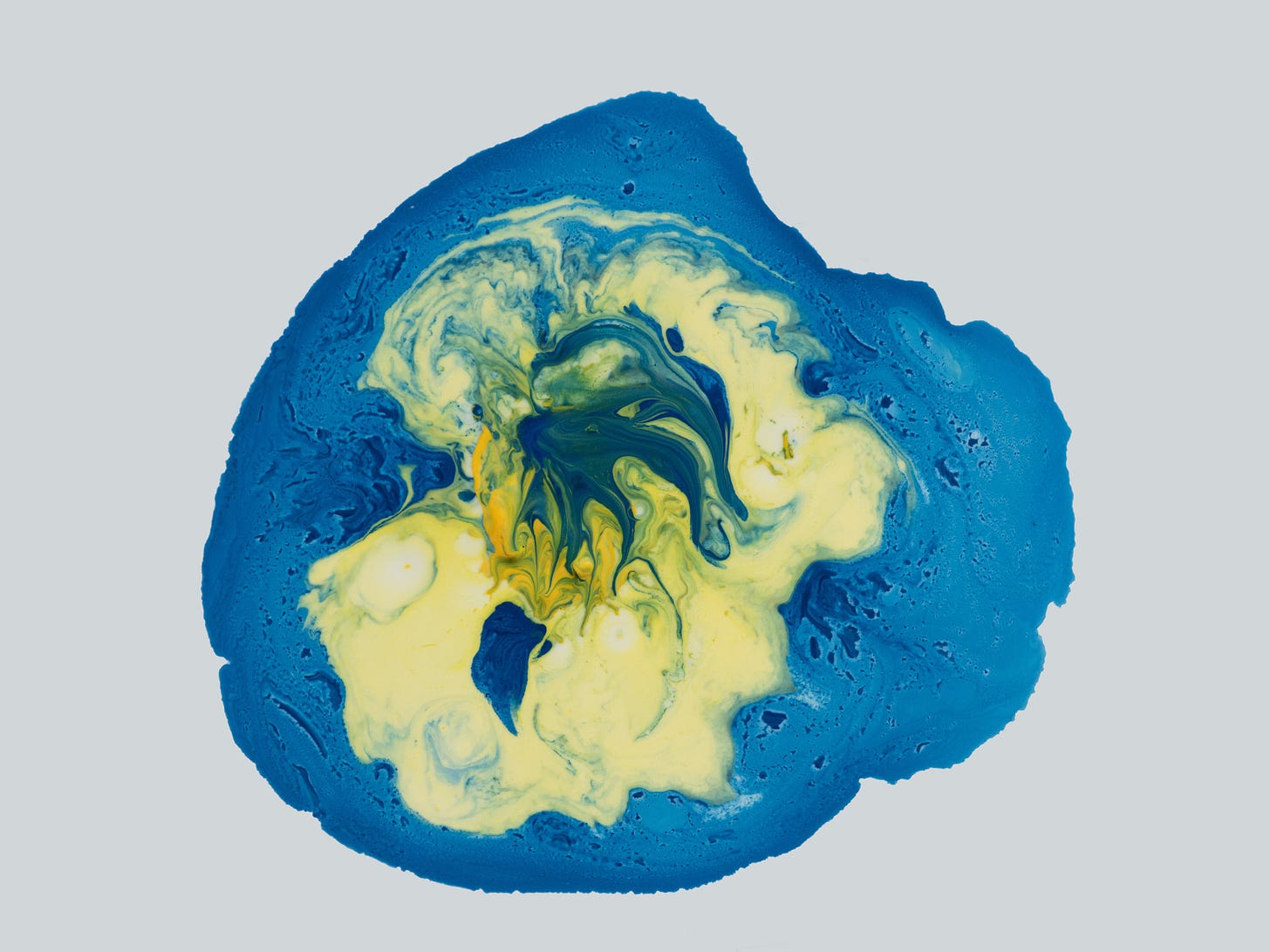Neurotech Will Reshape Mental Health Treatment
Neurotech could offer relief to millions of people suffering from mental illness—or it could take away their autonomy

Earlier this month, the FDA cleared a company called BrainsWay to accelerate “deep transcranial magnetic stimulation” or “deep TMS” for patients with major depressive disorders. The device, which looks like a futuristic hair drier, is one of many that have been introduced or are in development for the treatment of mental health disorders. These neurotech devices, which can be non-invasive as well as implanted, are expected to reshape how mental illness is treated in the years ahead.
Such devices hold tremendous promise for treating mental health disorders, but the tech sector is accelerating advances and integrating advanced artificial intelligence without a wide public conversation about their ethical use. Neurotechnology and AI together pose a unique risk to mental privacy, human autonomy, and vulnerable populations like children. Some of these devices can analyze, monitor, stimulate, and even translate the thoughts of users. As Abeer Malik, a researc…



